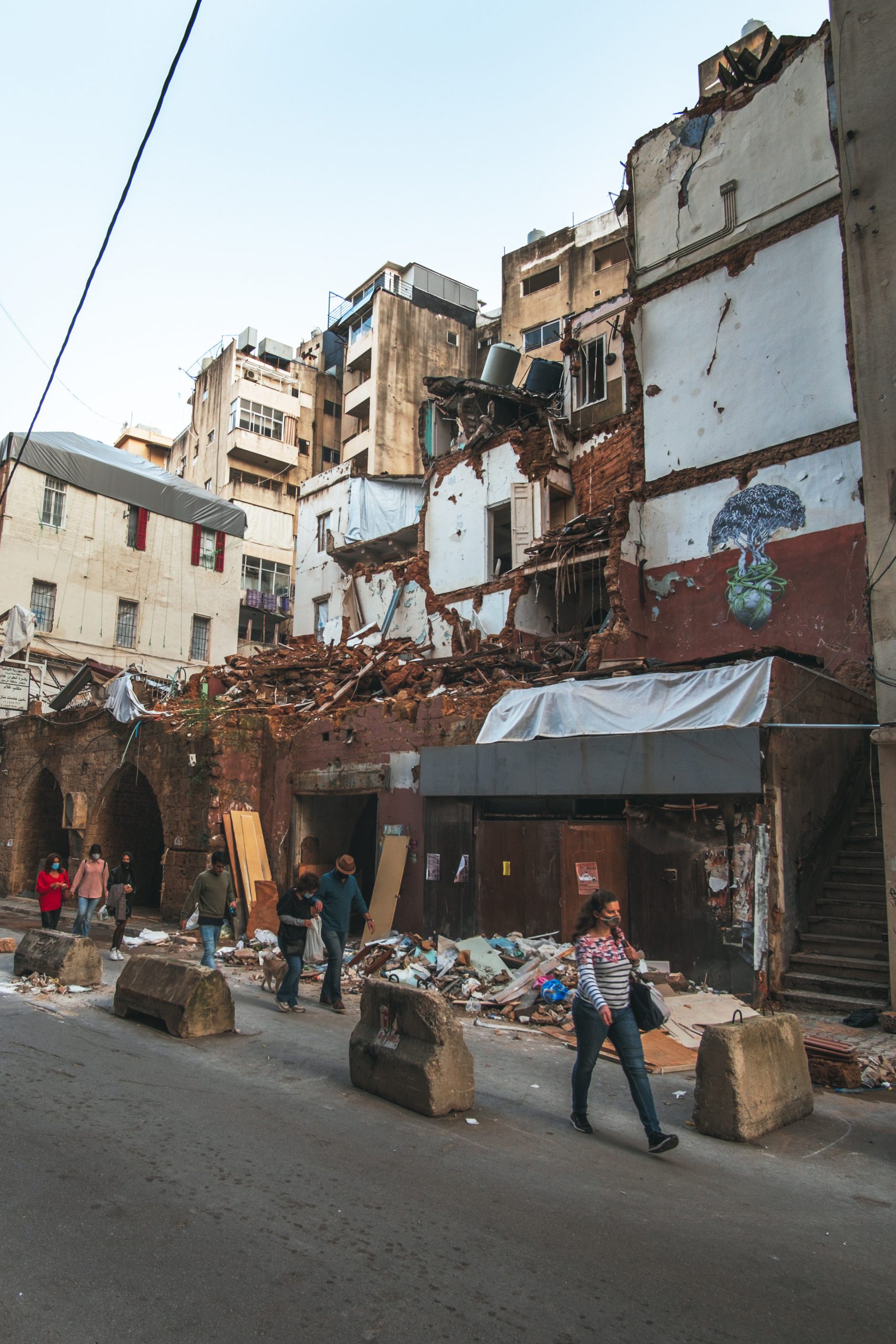For almost a decade, Lebanon’s economy has been crumbling. The ongoing coronavirus pandemic and national lockdowns have amplified the country’s financial woes. Such hardships have resulted in a sharp rise in domestic violence incidents, reflecting Beirut’s patriarchal society. The Lebanese government must intervene to protect women and safeguard their rights whilst also addressing the country’s socio-economic issues.
According to UN Women, there has been a 50 to 60% increase in gender-based violence in the Arab world recently. In Lebanon, this has been particularly apparent. According to the online feminist platform, Sharika Wa Laken, crimes against women increased by 107% between 2019 and 2020, due to numerous societal and economic problems. The COVID-19 pandemic has only deepened the issue of domestic violence. In January 2021 alone, Lebanese internal security forces (ISF) received 116 calls on their domestic violence hotline, reflecting a 45% increase in calls compared to January 2020. The ISF has also noted that the types of calls have changed dramatically. Initially, women would call the hotline requesting a consultation. However, during the pandemic, the ISF saw a rise in direct pleas for assistance and protection. The issue of domestic violence has since come under the spotlight after a series of high-profile murders, including that of model Zeina Kanjo, who was strangled by her husband.
The impact of Lebanon’s patriarchal culture has extended far beyond the country’s borders. In 2015, Amani Haydar, a Lebanese woman living in Australia, reported that her father had killed his wife of 28 years and Haydar’s mother after stabbing her over 30 times. The attack also injured the couple’s youngest daughter, Ola, who tried to intervene.
Despite the urgent nature of this problem, families often downplay the severity of these incidents and attempt to justify the acts. Ahead of International Women’s Day in March, a group of women’s rights activists launched an online campaign titled, It’s Called a Crime, aiming to combat the normalization of violence against women.
Some legal experts suggest that domestic violence and other crimes against women continue not because of a lack of protective measures but because of a lack of enforcement and accountability. The Lebanese government amended the law to protect women who face violence from their ex-husbands and criminalize sexual harassment, including in the workplace. The Lebanese government also raised the custody age of children to 12, a move that activists said would empower women to leave abusive partners and take their children with them. However, enforcement of these laws is still weak. Social stigma around domestic abuse often prevents women from going to the authorities in the first place, creating a significant accountability gap.
While the Lebanese government has introduced some measures to safeguard women’s rights, the country’s overall socio-economic climate has undermined these efforts. Before the COVID-19 pandemic, the country’s economy was already suffering, sparking rampant unemployment and discontent. The COVID-19 pandemic further exacerbated these financial troubles, as did the explosion at the Port of Beirut in August 2020. As a result, Lebanon is now suffering from an economic depression and poverty is rising.As tensions continue to rise, many male citizens resort to taking their frustration out on the women in their families. Many Lebanese citizens have expressed anger towards the Lebanese government, one heavily influenced by Hezbollah, calling for a change in the country’s administration. However, despite multiple attempts, the country’s policymakers failed to establish a functioning government.
Today, women have few methods for recourse and protection. Lebanese authorities must do more to safeguard women’s rights, addressing the socio-economic issues that spark such violence.



















